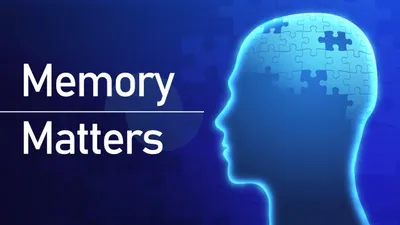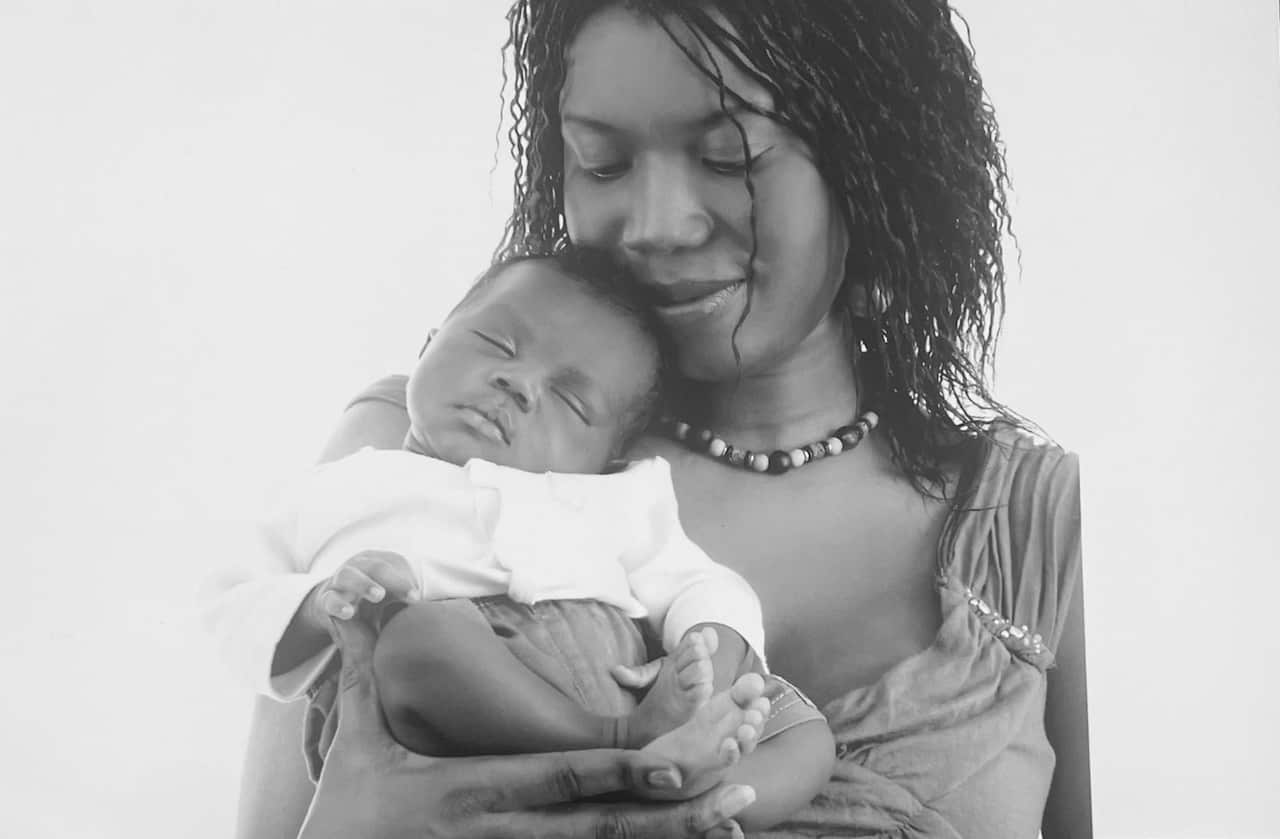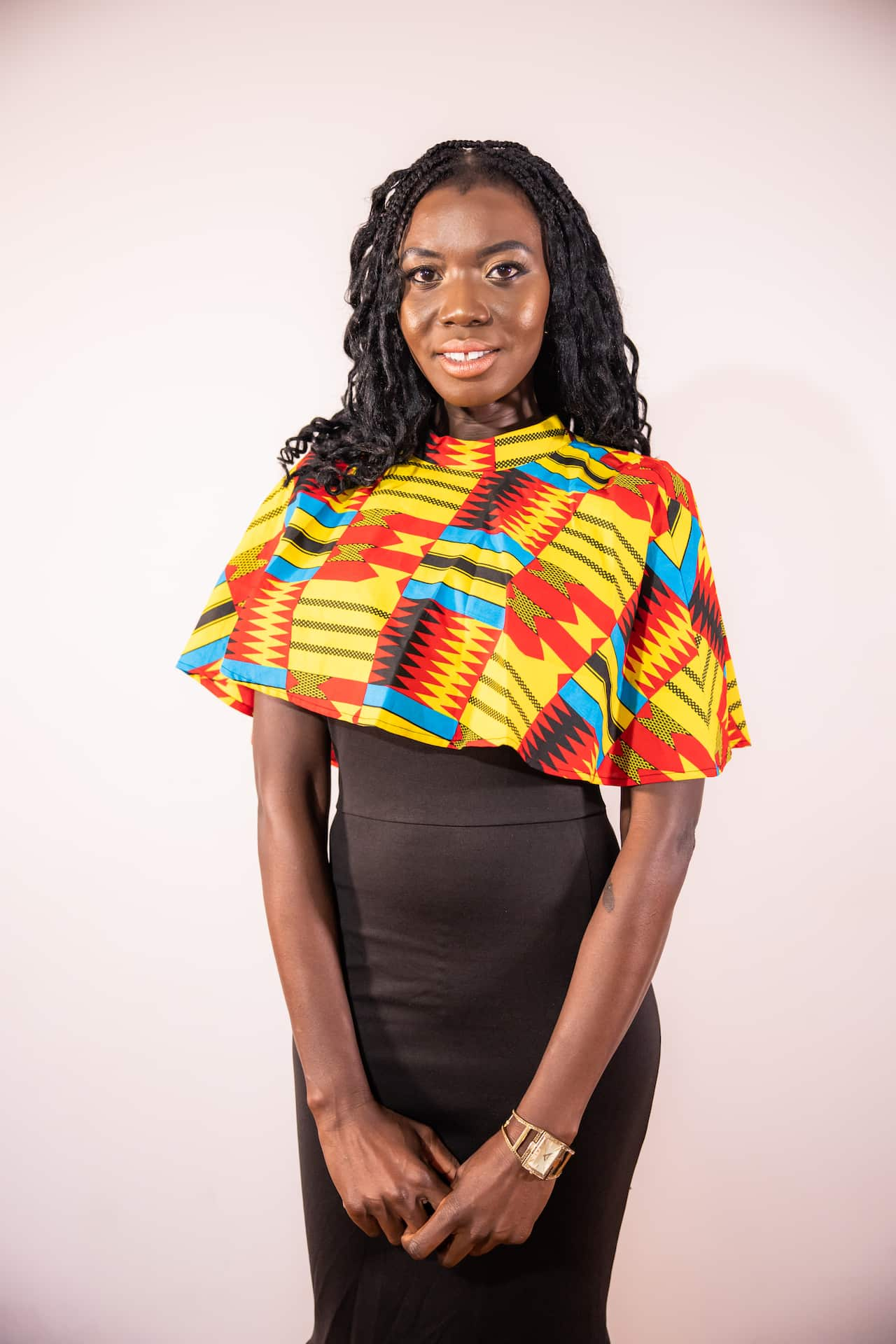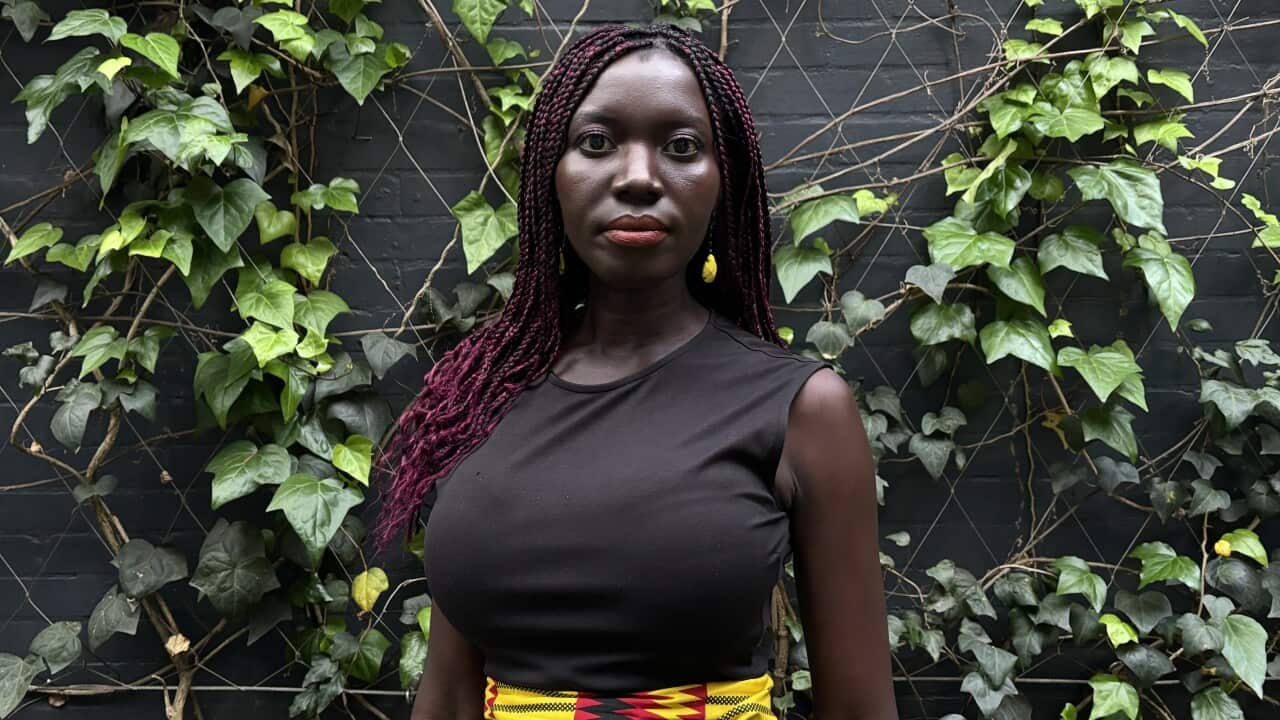How do memories define us? And can we always trust them? Watch Insight episode Memory Matters on
This story contains distressing content.
I was born into a world of bliss, before my life descended into chaos and suffering.
I grew up in a loving, middle-class family by the Nile in Sudan, now South Sudan.
My father, a university professor, and my mother, a secretary, provided a nurturing home full of warmth and laughter.
Our extended family including my grandmother, siblings and cousins made our house a vibrant sanctuary.
But peace can shatter in an instant.
The moment everything changed
The first assassination attempt on my father came like a cold wind.
Then, civil war consumed us and at the age of five, I was forcefully separated from both my parents.
By the time I arrived in Kenya as an 11-year-old to live with relatives, I had survived two civil wars and escaped across five regions, witnessed bloodshed, and endured the heartbreak of being without both my mother and father.
Despite my pain, Kenya was a new beginning. For the first time, I attended school. Books opened my eyes to a world beyond war and survival.
I was determined to seize every opportunity. I joined debates, scouts, sports — anything that made me feel alive again, as if reclaiming the parts of me that war had stolen.
But tragedy struck once more.
After a brief reunion with my father when I was 11, I lost him for good; he was murdered back in Sudan when I was 14.
His body was never found, and I assumed my mother and siblings were also dead.
Without my father’s financial support, I was homeless.
Grief-stricken, I found myself in a Kenyan refugee camp.
My heart felt shattered beyond repair. And that pain still lingers.
Seeking a sense of control
During the chaos, I realised something important: it was not just what happened to me that mattered, but what I made those events mean about me.
I had no control over war or violence, but I could control my response.
I needed a way to cope, something to hold onto when everything else — including memories of my family — was slipping away.
Buckets of hope
I created what I called the ‘buckets of hope’, inspired by the colourful buckets my grandmother, mother, and aunts once carried. Each one symbolised something vital.
These ‘buckets’, initially a survival technique, evolved into a powerful visualisation and mindfulness tool that helps me organise thoughts, emotions, memories and experiences in a way that fosters resilience, growth and hope.
Each imaginary bucket became a container for my thoughts, giving me clarity and helping me navigate overwhelming emotions.
Yellow held the warmth of family and the sunlight on the Nile.
Red stood for danger, a reminder to trust my instincts.
Green symbolised growth and helping others, even during gloomy times.
Black represented resilience — the strength to endure, like the earth itself.
These buckets became my lifeline, helping me separate the chaos around me from the narrative I told myself.
They grounded me, giving me a way to survive.
Motherhood as a trigger
I stayed in the refugee camp in Kenya for three years, until I gained a humanitarian visa for Australia at the age of 17 and lived in a women’s shelter supported by St Vincent de Paul Society.
Through the help of the Red Cross, I discovered my mother and my siblings were still alive and living in a refugee camp in Sudan. Gradually, they were able to join me in Australia.
I saw my mum again in Australia at the age of 22, after 17 years of separation.
Five years later, I gave birth to my son.
But my own journey of motherhood reignited old fears.
Abang Anade Othow said becoming a mother connected her with her own childhood, which was difficult to process. Source: Supplied
Each milestone, each birthday, brought back memories of my own trauma.
I desperately tried to recall my childhood memories of my mother and my mind retrieved a beautiful woman who used to tell me stories, cook and play dress-ups.
But to my shock, my mother told me the memories I had retrieved were not of her, but my grandmother. My mind had distorted my memories to protect me from pain.
And I was terrified. Had I brought my son into a cruel world? What if he faced the same horrors?
Making peace with the past
But teaching him courage forced me to reclaim my own.
Slowly, I learned to trust again. Trust in the goodness of people, and to keep hope alive.
Now, through my ‘buckets of hope’ and raising my son, who is a fine young man, I too, have learnt to let go of my fears.
I know he will have his own journey.
Abang Anade Othow has found innovative ways to cope with past trauma. Source: Supplied
Through all these life experiences, I found the inspiration to write my memoir — a promise I made to myself long ago.
Writing has become my way of making peace with my past.
Now, I teach people to separate their circumstances from the stories they tell themselves.
To cherish memories, trust their intuition, seek growth and build resilience.
As I continue to develop these tools, I am reminded every day to be grateful for life’s opportunities.
I have not only survived but thrived. And that is the legacy I hope to pass on.
Resilience is not just about survival, it’s about embracing life with hope.
Readers seeking crisis support can contact Lifeline on 13 11 14, the Suicide Call Back Service on 1300 659 467 and Kids Helpline on 1800 55 1800 (for young people aged up to 25). More information and support with mental health is available at and on 1300 22 4636.
supports people from culturally and linguistically diverse backgrounds.
And for more stories head to – a new podcast series from SBS, hosted by Kumi Taguchi. From sex and relationships to health, wealth, and grief Insightful offers deeper dives into the lives and first person stories of former guests from the acclaimed TV show, Insight.



